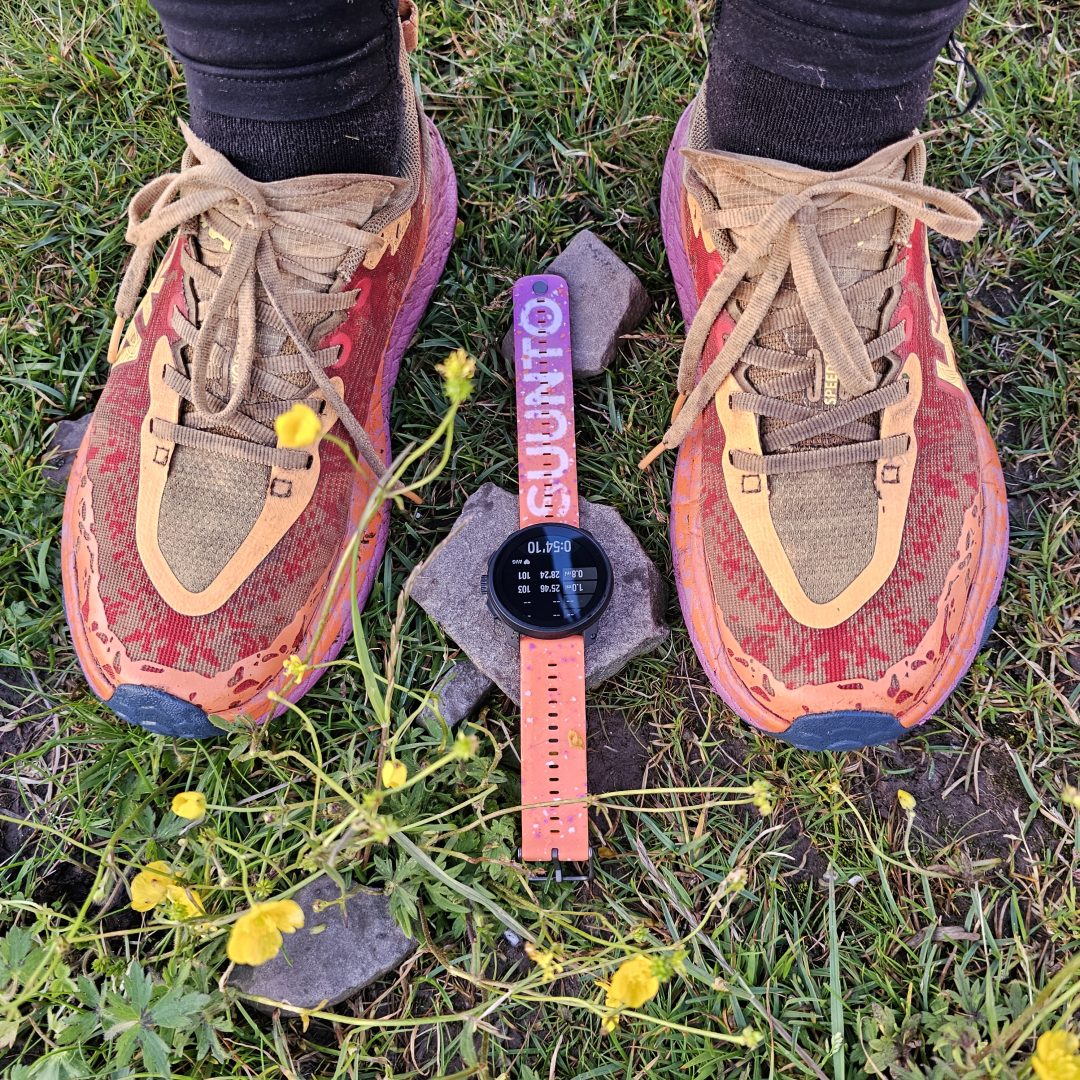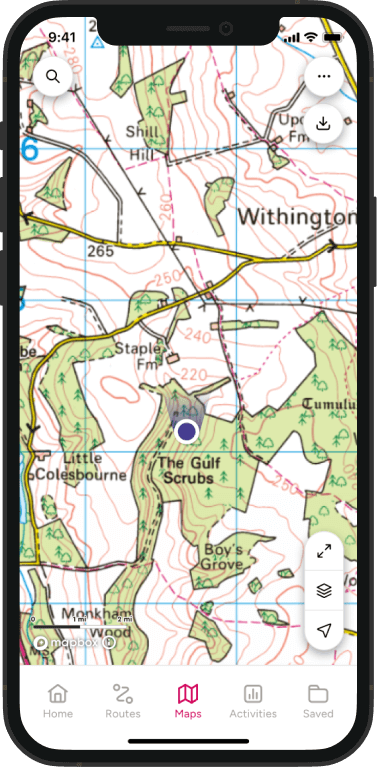Cycling is brilliant for all ages – it’s fun, great physical exercise and provides an opportunity for family adventures outside. This useful learn to cycle guide will help you teach someone to ride for the first time.
Can you remember the first time you rode your bike?
Whether it’s a little one with their new Father Christmas bike, or your partner that missed that rite of passage from their childhood. Teaching someone to ride a bike is a rewarding experience. Learning to cycle will give them freedom and the opportunity for adventure. There are many benefits of travelling on two wheels.
When to start?
Start children on a balance bike any time from 2yrs+. In the Netherlands they believe starting the children scooting as soon as can walk. They are normally ready to learn to pedal from 3yrs+ if they have used a balance bike. However, the best time to learn is when the person wants to learn.
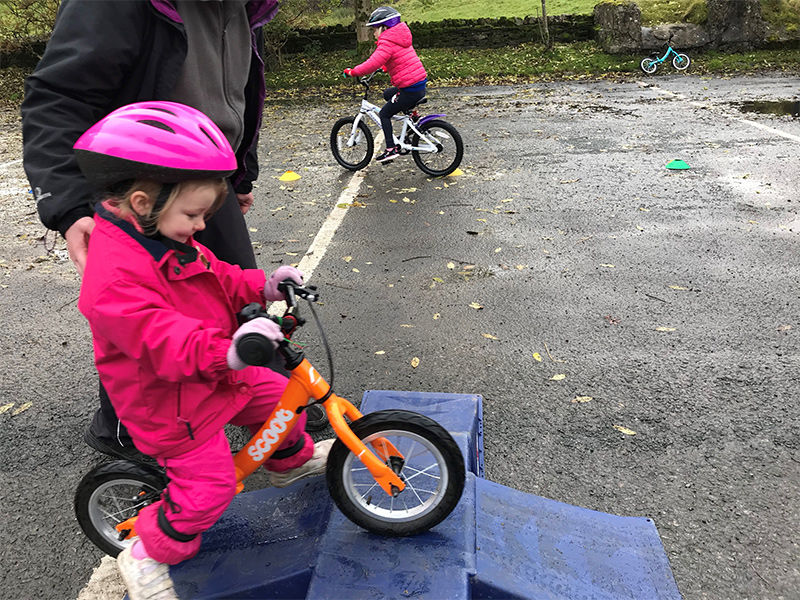
How long will it take?
This very much depends on the individual. Short sessions tend to work best. Do not overdo it or they may be put off forever! Half-an-hour is enough for young children, older ones and adults may cope with up to an hour.
Remember learning to ride a bike is mentally exhausting for all ages – the brain is having to create new pathways and may need time to absorb what it’s learnt. Sometimes children are just too young to grasp the skills. Don’t panic, leave for a few weeks and it will happen.
Where to go?
Hard, level surface, rather than grass. Ideally, it should have a gentle sloping gradient. Make sure your chosen location is traffic-free. Your local park is an excellent location.
What do you need?
Appropriate clothing for the weather conditions, including correctly fitting helmet. No wellies and tight jeans. Cycling gloves or mitts, can be helpful as small hands can get sore easily. Keep a drink and a few snacks handy to keep up enthusiasm.
Use a balance bike or take off the pedals and stabilisers off a normal bike to start with. Make sure the rider can reach the brake levers and put the balls of their feet comfortably on the ground when seated on the saddle. Lower the saddle if necessary to the lowest setting.
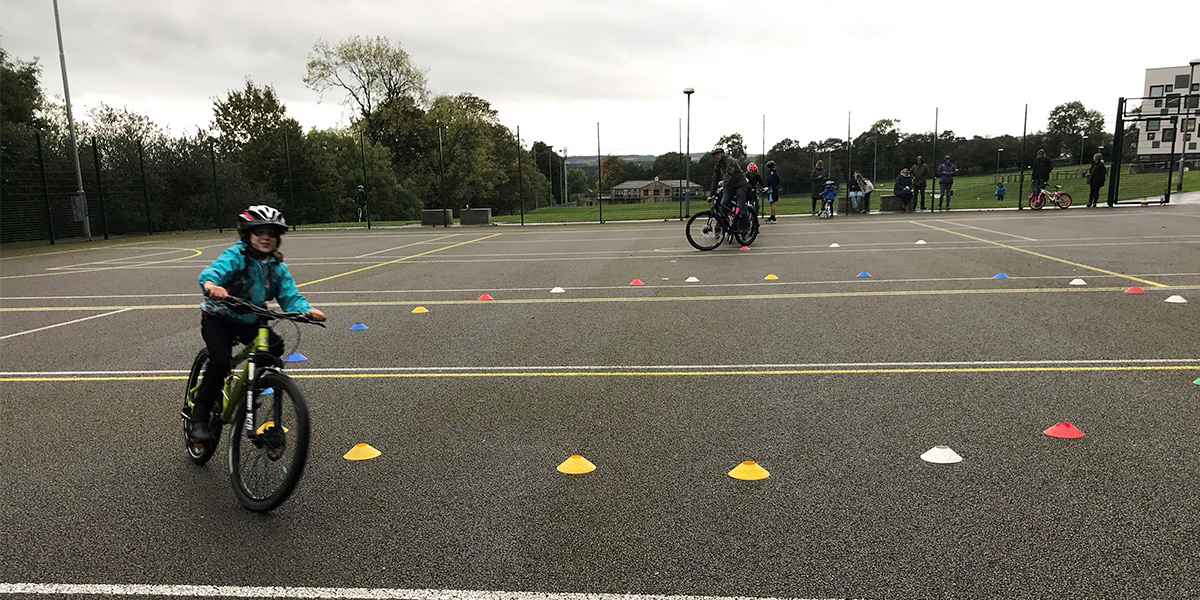
How do I teach someone to cycle?
Initially teach the rider to use the brakes by asking them to push the bike along while walking and squeeze both brakes gently practicing stopping.
Step 1: Scooting
- Get on the bike from the left-hand side by squeezing the brakes together to hold it steady, then swinging a leg over the saddle.
- The rider’s weight should be on the back of the saddle. They should sit up straight and relax their arms and hands – the handlebars are for steering, not for hanging on to!
- Ask the rider to let go of the brakes and start scooting. They should use the bike like a hobby horse and push along the ground using both their feet.
- Try and encourage them to keep 2 fingers on the brake levers so they can stop whenever they want.
- Tell them to look up and where they want to go, rather than down at the ground
- After a while, the rider should start to be encouraged to lift both legs up and coast along. This is when they are balancing the bike. They should be able to lift their feet off the ground for longer stretches each time.
Step 2: Ready to pedal
- Replace the pedals. Then show the rider how to get in pedal ready position. They should sit on the saddle, plant the left foot on the ground, hold the brakes and – with the right foot – hook the right pedal up into the two o’clock position (imagining the face of a clock around the pedal).
- Hold on under their arms while they practice pushing off with the right pedal. Once they are moving lightly holding the back of a person coat/jumper can help them to feel supported.
- Once you feel the bike and rider are able to pedal, balance, steer and stop unaided, the magic moment has arrived when you can let go – although again, they may need you to nudge the bike to keep it moving fast enough.
- Remind them to keep pedalling or the bike will stop – but ask them to stop if going too fast or about to hit something!
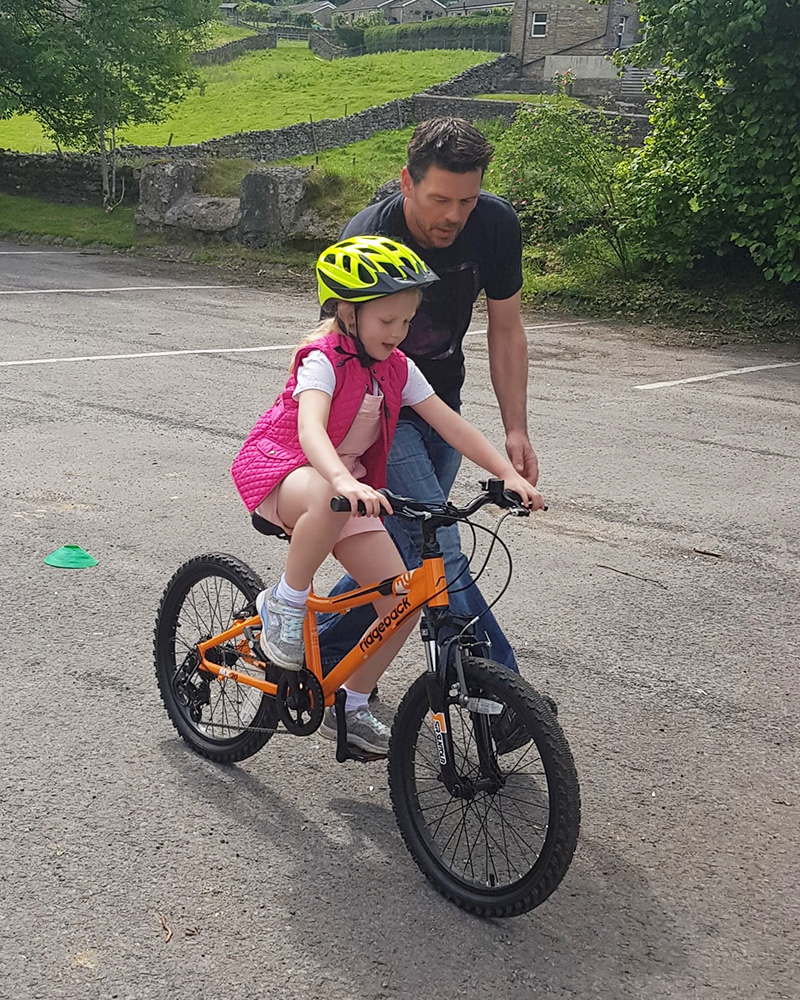
4 Top Tips
- Never use stabilisers. Any size ordinary bikes can be converted to a learner bike by removing pedals.
- Invest in a good lightweight bike (second hand options can be a cheaper alternative to new). Do not be swayed by pink, tassels, spiderman prints or an appealing price tag! Heavy cheap toy or old bikes are very difficult to use successfully.
- Be patient, stop if everyone is getting cross.
- Once the basic technique is mastered, practice and more practice makes perfect.
At our Stage1Cycles base in Hawes, Wensleydale we offer 1:1 lessons for all ages. Sometimes receiving coaching from an instructor makes the process more successful for a nervous or reluctant rider.
In addition, co-ordination and cognitive difficulties may make the process more challenging and additional specialist support helpful. If you are struggling check with your local bike shop if they offer a similar service or can direct you to an experienced local instructor.
Many schools now deliver balance bike sessions, check with yours?
Community clubs accredited to either British Cycling or Cycling UK may offer beginner sessions. Our Wensleydale Bike Club runs a wobbly wheeler session every Saturday (February to October). These run alongside a Yorkshire Bank Bike Library, so you don’t even need a bike to take part. Watching other children cycle is a great encouragement to even the most reluctant rider. Clubs often offer adult sessions too.
Find a local community club
Cycling UK and British Cycling are both great for this.
Maybe a visual demonstration would help? British Cycling have developed free games and app at readysetride – you don’t even need a bike to begin!
For further advice and support please don’t hesitate to drop me a line at Stage1Cycles or email ride@stage1cycles.co.uk
Did you know that the National Cycle Network is available in OS Maps? Read all about it and find out more here.
Once you’re up and running, a cycling holiday is a fantastic thing to do as a family. Holidaycottages.co.uk showcase the best family-friendly day rides across the UK.


